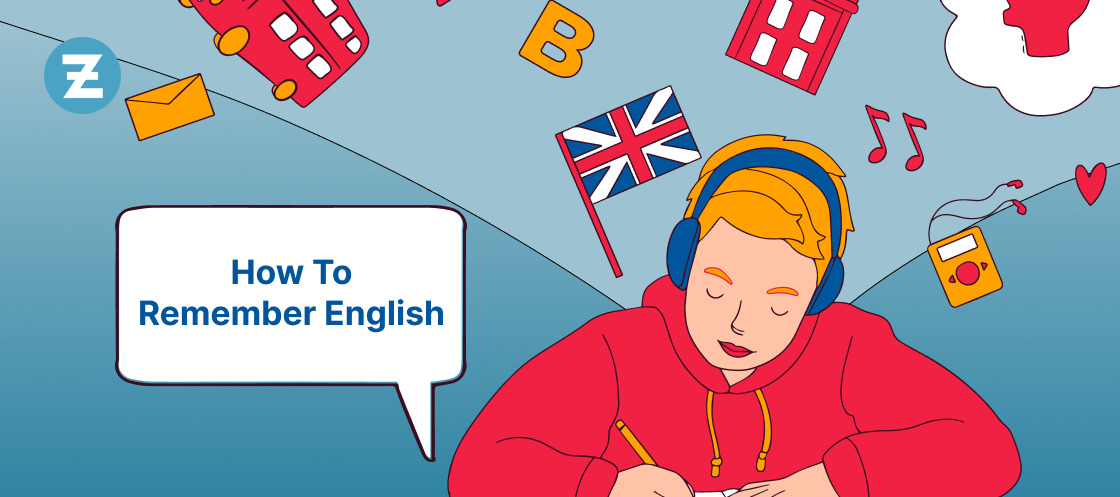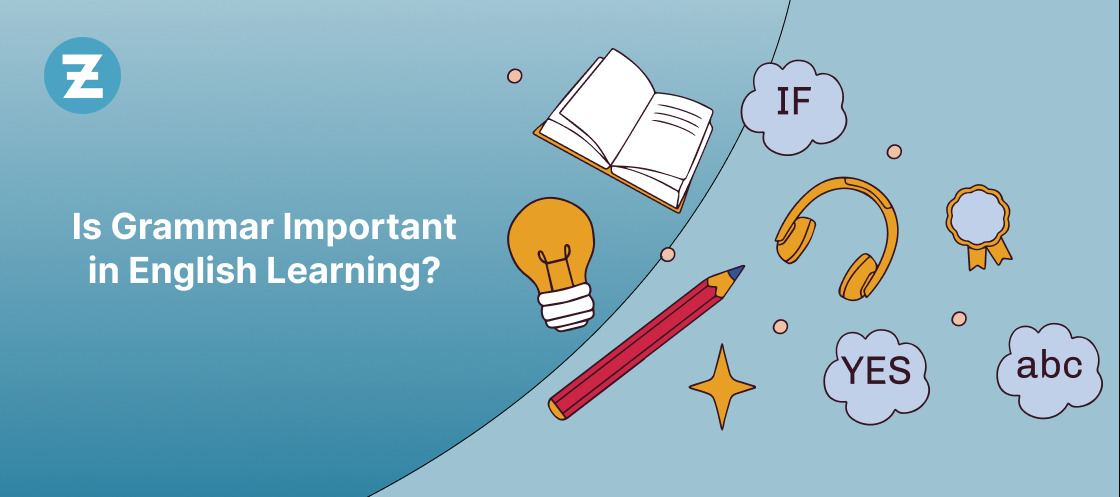Introduction
Do you ever find yourself pronouncing words incorrectly in English?
It’s fairly frequent among both native and non-native speakers alike, but it’s more aggravating when you feel like everyone else around you understands how to pronounce these words precisely.
Some English spellings can be difficult to understand and pronounce even for native English speakers. We list here some of the most commonly mispronounced words.
Prescription
Wrong Pronunciation: per-scrip-tion
Correct Pronunciation: pri-scrip-tion
A prescription is a written order for medicine or treatment that is mispronounced by emphasizing the first syllable, saying “pre-scrip-tion” instead of the correct Pronunciation, “pri-scrip-tion” with the emphasis on the second syllable.
Comfortable
Wrong Pronunciation: comfter-bull
Correct Pronunciation: kuhm-fert-uh-bull
Comfortable means providing physical ease and relaxation, often mispronounced by adding an extra syllable, such as “com-fort-able” instead of the correct Pronunciation of “comf-ta-ble.”
Sandwich
Wrong Pronunciation: sam-wich
Correct Pronunciation: san(w)ich
Sandwich typically consists of two slices of bread with a filling between them, commonly mispronounced by stressing the second syllable instead of the first, as in “san-dwich” instead of “sand-wich.”
Supposedly
Wrong Pronunciation: supposably
Correct Pronunciation: suh-poh-zid-lee
“Supposedly” means according to what is generally assumed or believed to be true, which is mispronounced due to confusion with the word “supposable,” which means capable of being supposed or imagined.
Specific
Wrong Pronunciation: pacific
Correct Pronunciation: spuh-sif-ik
Specific means something that is clearly defined or identified. Some people mispronounce “specific” by adding an extra syllable, saying “spe-ci-fic” instead of the correct Pronunciation of “spi-cific.”
Realize
Wrong Pronunciation: ree-uh-lize
Correct Pronunciation: ree-uh-lyze
Realize means becoming aware of or understanding something that needs to be pronounced by emphasizing the right syllable, such as “re-al-ize” instead of “re-a-lize.”
Jewelry
Wrong Pronunciation: jou-luh-ree
Correct Pronunciation: jew-uhl-ree
Jewelry refers to decorative items worn for personal adornment, and it is more often mispronounced by omitting the second “e” and saying “jewl-ry” instead of the correct Pronunciation of “jew-el-ry.”
Athlete
Wrong Pronunciation: ath-a-leet
Correct Pronunciation: ath-leet
An athlete is a commonly mispronounced word by stressing the first syllable instead of the second, such as “ath-lete” instead of “ath-lete.”
Hierarchy
Wrong Pronunciation: hi-ark-ee
Correct Pronunciation: hi-uh-raar-kee
Hierarchy means a system or organization in which people or groups are ranked one above the other. Many pronounce this word by emphasizing the second syllable, saying “hi-er-ar-chy” instead of “hi-er-ar-chy” with an emphasis on the third syllable.
Frustrated
Wrong Pronunciation: fuh-stray-ted
Correct Pronunciation: fruh-strey-ted
Frustrated is used to express distress and annoyance caused by the inability to achieve something and is frequently mispronounced by emphasizing the first syllable instead of the second, such as “frus-trated” instead of “frus-tra-ted.”
Often
Wrong Pronunciation: off-ten
Correct Pronunciation: off-en
“Often” is used to express some activity that is frequently occurring, which is commonly mispronounced by omitting the “t” sound, saying “of-ten” instead of “off-ten.”
February
Wrong Pronunciation: Feb-you-air-ee
Correct Pronunciation: Feb-roo-air-ee
February words must be pronounced by including the first “r” sound, saying “Feb-ru-ary” instead of “Feb-u-ary.”
Mischievous
Wrong Pronunciation: miss-CHEE-vee-us
Correct Pronunciation: MISS-chuh-vus
Mischievous means fondness for causing trouble in a playful way which is pronounced correctly as “mis-chiv-us” with the emphasis on the third syllable.
Nuclear
Wrong Pronunciation: NEW-kyoo-lar
Correct Pronunciation: NOO-klee-er
Nuclear is related to the energy released by nuclear reactions, frequently mispronounced as “nuke-u-lar,” which is incorrect. The correct Pronunciation is “nu-cle-ar.”
Espresso
Wrong Pronunciation: ex-PRESS-oh
Correct Pronunciation: e-SPRESS-oh
Espresso is a strong coffee brewed by forcing hot water through finely-ground coffee beans and a very commonly mispronounced word by adding an extra “s” sound, saying “ex-press-o” instead of “es-press-o.”
Sherbet
Wrong Pronunciation: SHER-bert
Correct Pronunciation: SHER-bit
Sherbet is a frozen dessert made with fruit juice and sugar, which is pronounced properly by including the second “r” sound, saying “sher-bert” instead of “sher-bet.”
Height
Wrong Pronunciation: heigth
Correct Pronunciation: hite
Height is the measurement from base to top or the highest point, pronounced as “hite” and not as “heigth” by adding an extra syllable.
Library
Wrong Pronunciation: lie-berry
Correct Pronunciation: LIE-brer-ee
Library refers to a building or room containing a collection of books for public use which is correctly pronounced as “li-brary” instead of “li-bary” by omitting the second “r” sound.
Et cetera
Wrong Pronunciation: ex-SET-er-uh
Correct Pronunciation: et-SET-er-uh
Et cetera indicates that some other things or people could be included but are not being mentioned. The correct Pronunciation is “et-set-er-a” not as “ex-cetera.”
Champagne
Wrong Pronunciation: cham-PAG-nuh
Correct Pronunciation: sham-PAYN
Champagne is a sparkling wine pronounced correctly by emphasizing the last syllable, with a slightly nasal sound on the second syllable.
Quinoa
Wrong Pronunciation: kwi-NO-ah
Correct Pronunciation: KEEN-wah
Quinoa is a grain-like crop grown primarily for its edible seeds, which are correctly pronounced by emphasizing the first syllable, with a short “e” sound and a quick, almost silent “w” sound before the “ah” sound.
Awry
Wrong Pronunciation: uh-rye
Correct Pronunciation: uh-RYE
Awry means something that is not working or happening correctly. The correct way to pronounce it is to emphasize the second syllable, with a long “I” sound as “uh-RY” instead of “aw-REE.”
Potable
Wrong Pronunciation: POH-tuh-buhl
Correct Pronunciation: POT-uh-buhl
Potable is an adjective describing something fit or suitable for drinking. The correct way to pronounce it is by emphasizing the first syllable, with a quick “uh” sound on the second syllable as “PO-tuh-bull” instead of “PO-tay-bull.”
Ornery
Wrong Pronunciation: awn-ree
Correct Pronunciation: OR-nuh-ree
Ornery means bad-tempered or difficult to deal with. It is pronounced by emphasizing the first syllable, with a long “A” sound and a quick, almost silent “W” sound before the “ner” sound.
Almond
Wrong Pronunciation: a-mond
Correct Pronunciation: a-muhnd
A type of tree nut with a brownish outer shell and an edible seed inside. The word “almond” is frequently mispronounced as “ah-mond,” rather than the more accurate “ALL-mund.” Almonds are tree nuts with a brownish shell and an edible seed inside. The first syllable should be stressed, with a quiet “L” sound on the second.
Anemone
Wrong Pronunciation: A-nuh-mo-nee
Correct Pronunciation: Uh-nem-uh-nee
Anemone is a flowering plant often mispronounced as an-uh-MOAN instead of the correct pronunciation uh-NEM-uh-nee. The correct way to pronounce it is by emphasizing the second syllable, with a quick “uh” sound on the last syllable.
Armoire
Wrong Pronunciation: Ar-mwar
Correct Pronunciation: Ar-mwar
An armoire is a tall cupboard or wardrobe correctly pronounced as AR-mwar but frequently pronounced as AR-mwar. The first syllable should be stressed, with a quiet “w” sound on the second.
Bruschetta
Wrong Pronunciation: Broo-shet-ta
Correct Pronunciation: Broo-sket-ta
Bruschetta is an Italian dish made of toasted bread topped with tomatoes, garlic, and basil. The correct Pronunciation is “broo-sket-tuh” with the stress on the first syllable and not as “broo-shet-uh.”
Cache
Wrong Pronunciation: Caysh
Correct Pronunciation: Kash
A cache means a hiding place for storing items. The correct Pronunciation is “kash,” with a soft “sh” sound at the end, not as “cash-ay.”
Ennui
Wrong Pronunciation: En-wee
Correct Pronunciation: On-wee
Ennui refers to a feeling of boredom or dissatisfaction which is often mispronounced as “en-you-eye”. At the same time, the correct Pronunciation is “ahn-wee” with a silent “n” and the stress on the second syllable.
Forte
Wrong Pronunciation: For-tay
Correct Pronunciation: Fort
A person’s strong suit or area of expertise.
It is commonly mispronounced as “for-tay” with an emphasis on the second syllable, but it should be pronounced as “fort” with no emphasis on any syllable.
Gnocchi
Wrong Pronunciation: Nyoh-kee
Correct Pronunciation: Nee-o-kee
Gnocchi is Italian pasta made from potatoes, flour, and sometimes eggs. It is pronounced as “nyoh-kee” with the stress on the first syllable and a soft “ny” sound at the beginning.
Gyro
Wrong Pronunciation: Jye-roh
Correct Pronunciation: Yee-roh
Gyro is a Greek dish made with meat (usually lamb or beef) cooked on a vertical spit and served in a pita or flatbread with vegetables and sauce, which is correctly pronounced as “yee-roh” with the stress on the second syllable.
Homage
Wrong Pronunciation: Hoh-maj
Correct Pronunciation: Ah-mij
The word “homage” is correctly pronounced as “ah-mij,” with the stress on the first syllable. The word refers to a public display of respect or honor towards someone.
Jalapeño
Wrong Pronunciation: ja-la-pen-o
Correct Pronunciation: ha-la-pe-nyo
Mexican food frequently uses the jalapeño variety of chili pepper. Because the term is of Spanish origin and has a tilde (~) over the n, which makes it sound like “nyo,” it is mispronounced. It should be spoken correctly by emphasizing the next-to-last syllable and pronouncing the ‘n’ sound like ‘nyo,’ as in ‘ha-la-pe-nyo.
Mastering your pronunciation by focusing on proper syllables is an excellent way to further improve your English speaking skills and gain confidence in your language learning. If you’re looking to level up your English fluency, why not download a dedicated English language learning app? Download it now and take your English knowledge to the next level!








